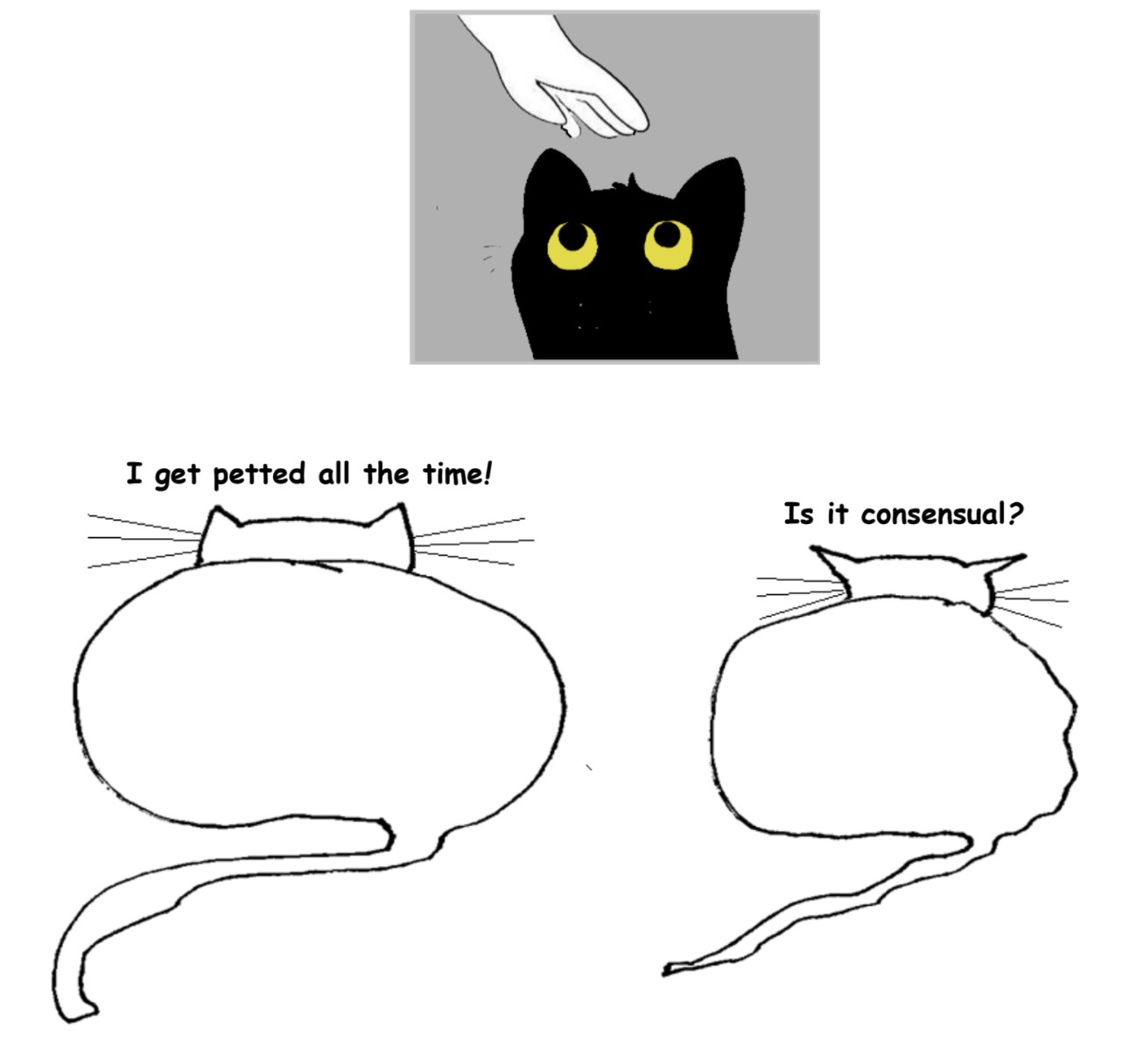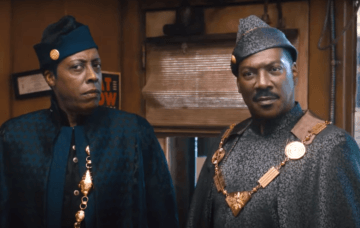by Joseph Shieber

One of the most highly publicized philosophy papers of the 2000s was a paper that was actually written almost two decades earlier. Harry Frankfurt’s paper “On Bullshit” was first published in 1986, but some astute editor at Princeton University Press, noting its aptness for the George W. Bush era, reprinted the paper as a slim book.
The effect was electric. Frankfurt’s essay appeared in January of 2005 and was on the New York Times bestseller list for almost half of the year. Among Frankfurt’s many media appearances was a notable interview on The Daily Show with Jon Stewart about the book’s subject matter and its unexpected success (success so surprising that the Daily Show also interviewed a representative of Princeton University Press to discuss it).
According to Frankfurt’s discussion, “bullshit” refers to intentionally misleading communication in which “the bullshitter hides … that the truth-values of his statements are of no central interest to him; what we are not to understand is that his intention is neither to report the truth nor to conceal it. … the motive guiding and controlling it is unconcerned with how the things about which he speaks truly are.” Read more »

 We think of AI as the stuff of science, but AIs are born artists. Those artistic talents are the key to their scientific power and their limitations.
We think of AI as the stuff of science, but AIs are born artists. Those artistic talents are the key to their scientific power and their limitations.

 A friend, knowing that I’ve been learning German, recently sent me a volume of Theodore Fontane’s poetry. Fontane (1819-1898) is best known today for the novels that he wrote in the later part of his life. But some his poems have an affecting simplicity–a simplicity that is perhaps especially charming to those of us who are less than fluent in German. Here is one lyric that particularly caught my attention. It expresses a sentiment that seems most suitable to the present time as we approach the end of a bleak winter and, one hopes, of a devastating pandemic. Naturally, the translation takes some liberties in an attempt to retain something of the feel and spirit of the original.
A friend, knowing that I’ve been learning German, recently sent me a volume of Theodore Fontane’s poetry. Fontane (1819-1898) is best known today for the novels that he wrote in the later part of his life. But some his poems have an affecting simplicity–a simplicity that is perhaps especially charming to those of us who are less than fluent in German. Here is one lyric that particularly caught my attention. It expresses a sentiment that seems most suitable to the present time as we approach the end of a bleak winter and, one hopes, of a devastating pandemic. Naturally, the translation takes some liberties in an attempt to retain something of the feel and spirit of the original.


 For many wine lovers, understanding wine is hard work. We study maps of wine regions and their climates, learn about grape varietals and their characteristics, and delve into various techniques for making wine, trying to understand their influence on the final product. Then we learn a complex but arcane vocabulary for describing what we’re tasting and go to the trouble of decanting, choosing the right glass, and organizing a tasting procedure, all before getting down to the business of tasting. This business of tasting is also difficult. We sip, swish, and spit trying to extract every nuance of the wine and then puzzle over the whys and wherefores, all while comparing what we drink to other similar wines. Some of us even take copious notes to help us remember, for future reference, what this tasting experience was like.
For many wine lovers, understanding wine is hard work. We study maps of wine regions and their climates, learn about grape varietals and their characteristics, and delve into various techniques for making wine, trying to understand their influence on the final product. Then we learn a complex but arcane vocabulary for describing what we’re tasting and go to the trouble of decanting, choosing the right glass, and organizing a tasting procedure, all before getting down to the business of tasting. This business of tasting is also difficult. We sip, swish, and spit trying to extract every nuance of the wine and then puzzle over the whys and wherefores, all while comparing what we drink to other similar wines. Some of us even take copious notes to help us remember, for future reference, what this tasting experience was like.
 Covid has
Covid has  A lost poem by
A lost poem by  Efficacy is a crucial concept in vaccine trials, but it’s also a tricky one. If a vaccine has an efficacy of, say, 95 percent, that doesn’t mean that 5 percent of people who receive that vaccine will get Covid-19. And just because one vaccine ends up with a higher efficacy estimate than another in trials doesn’t necessarily mean it’s superior. Here’s why.
Efficacy is a crucial concept in vaccine trials, but it’s also a tricky one. If a vaccine has an efficacy of, say, 95 percent, that doesn’t mean that 5 percent of people who receive that vaccine will get Covid-19. And just because one vaccine ends up with a higher efficacy estimate than another in trials doesn’t necessarily mean it’s superior. Here’s why. More than two decades after the country democratized, a sense of insecurity persists in daily life in South Africa, and access to the public good of security has remained astonishingly unequal. In lieu of equitable access to security, affluent neighborhoods are adorned with nine-foot cement walls, expandable steel security gates, and armed guards. Even the state itself employs private security officers, hiring private guards to patrol the outside of police precincts and to carry out unseemly land evictions. Private security in South Africa is like a snake eating its own tail, as the government itself invests in the firms that are undermining its own authority.
More than two decades after the country democratized, a sense of insecurity persists in daily life in South Africa, and access to the public good of security has remained astonishingly unequal. In lieu of equitable access to security, affluent neighborhoods are adorned with nine-foot cement walls, expandable steel security gates, and armed guards. Even the state itself employs private security officers, hiring private guards to patrol the outside of police precincts and to carry out unseemly land evictions. Private security in South Africa is like a snake eating its own tail, as the government itself invests in the firms that are undermining its own authority.